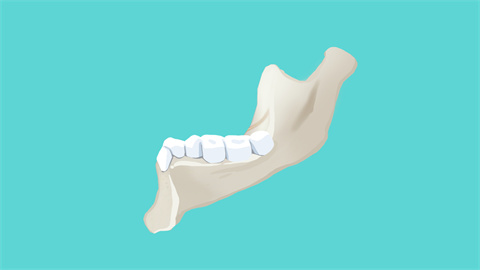What causes swelling of the gum tissue next to the innermost molar, and what should be done about it?
Under normal circumstances, the main causes of swollen gum tissue adjacent to the innermost molar include dietary irritation, poor oral hygiene, pericoronitis, periodontal abscess, and apical periodontitis. If discomfort occurs, it is recommended to seek timely medical evaluation and treatment at a reputable hospital. Specific explanations are as follows:
1. Dietary Irritation
Consuming excessively hot, hard, or spicy foods can directly irritate the gingival mucosa, leading to congestion and swelling. Adjust your diet by choosing cool, soft, and bland foods to avoid further irritation. Drink plenty of water to help relieve mucosal discomfort.

2. Poor Oral Hygiene
Long-term accumulation of food debris and dental plaque in interdental spaces and gingival sulci can irritate gingival tissues, triggering gingivitis and resulting in swelling. Maintain consistent brushing twice daily, use dental floss or water flossers to clean between teeth, rinse after meals, and schedule regular professional cleanings to minimize buildup.
3. Pericoronitis (Wisdom Tooth Infection)
When a wisdom tooth erupts partially, a blind pocket forms around the crown, allowing food debris to accumulate and cause bacterial infection, leading to painful, swollen gums. Under medical guidance, antibiotics such as amoxicillin capsules, metronidazole tablets, or ibuprofen may be prescribed. After controlling the inflammation, wisdom tooth extraction may be performed. Maintain good oral hygiene post-procedure.
4. Periodontal Abscess
In advanced periodontitis, bacterial infection within periodontal pockets leads to pus formation, causing localized gum swelling and abscess development. Treatment typically involves incision and drainage by a dentist, along with prescribed medications such as cefradine capsules, tinidazole tablets, or clindamycin hydrochloride capsules. Follow-up periodontal therapy is necessary for long-term management.
5. Apical Periodontitis
When pulp infection spreads to the periapical tissues, inflammatory exudate may breach the bone membrane and irritate the overlying gum tissue, causing swelling. Antibiotics such as roxithromycin capsules, ornidazole tablets, or acetaminophen may be taken under medical supervision. Once symptoms subside, root canal treatment is required to remove infected tissue and prevent recurrence.
In daily life, maintain good oral hygiene through proper cleaning techniques; avoid chewing very hard foods with the back teeth to reduce gum trauma; schedule regular dental check-ups to detect issues early; and if gum swelling occurs, refrain from squeezing or puncturing the area to prevent spreading the infection.




